Welcome back to our two-part series on valuing a veterinary practice. In Part 1, we discussed the key factors that influence the value of a veterinary practice. In this installment, we’ll explore the different valuation methods and provide actionable steps to help you prepare for an accurate and favorable valuation.
Valuation Methods
Several methods can be used to value a veterinary practice, each providing different insights and perspectives:
Market Approach
– Comparable Sales: This method involves comparing your practice to similar practices that have recently sold. Factors such as practice size, location, and services offered are considered to determine a fair market value.
Income Approach
– Capitalization of Earnings: This method estimates the practice’s value based on its ability to generate future earnings. It involves calculating the practice’s net income and applying a capitalization rate that reflects the risk and return expectations.
– Discounted Cash Flow (DCF): DCF analysis projects the practice’s future cash flows and discounts them back to their present value using a discount rate. This method can provide a comprehensive view of the practice’s long-term financial potential.
Asset-Based Approach
– Book Value: This method values the practice based on its tangible assets, such as equipment, inventory, and real estate, minus liabilities.
– Adjusted Book Value: Adjustments are made to the book value to reflect fair market values of the assets and liabilities, providing a more accurate valuation.
Preparing for Valuation
To achieve an accurate and favorable valuation, consider taking the following steps:
- Organize Financial Records: Ensure that your financial statements, tax returns, and other relevant documents are accurate and up-to-date.
- Evaluate Client and Staff Metrics: Maintain detailed records of client numbers, retention rates, and staff qualifications.
- Assess Facility and Equipment: Conduct a thorough evaluation of your building and equipment, making necessary repairs or updates.
- Consult Experts: Engage with valuation experts or consultants who specialize in veterinary practices to gain professional insights and guidance
Conclusion
Valuing a veterinary practice is a complex process that requires a deep understanding of various factors and valuation methods. By taking the time to accurately assess your practice’s financial performance, client base, staff, facilities, and location, you can ensure that you have a clear and realistic understanding of its value. This knowledge will empower you to make informed decisions about the future of your practice, whether you’re planning to sell, expand, or simply improve your operations.
For personalized assistance and expert guidance in valuing your practice, contact Veterinary Sales & Consulting today. Our experienced team is dedicated to helping veterinarians achieve their goals and secure their legacy.
Ready to take the next step? Contact us at 888-462-4047 or email us at Info@vetsalesconsulting.com

